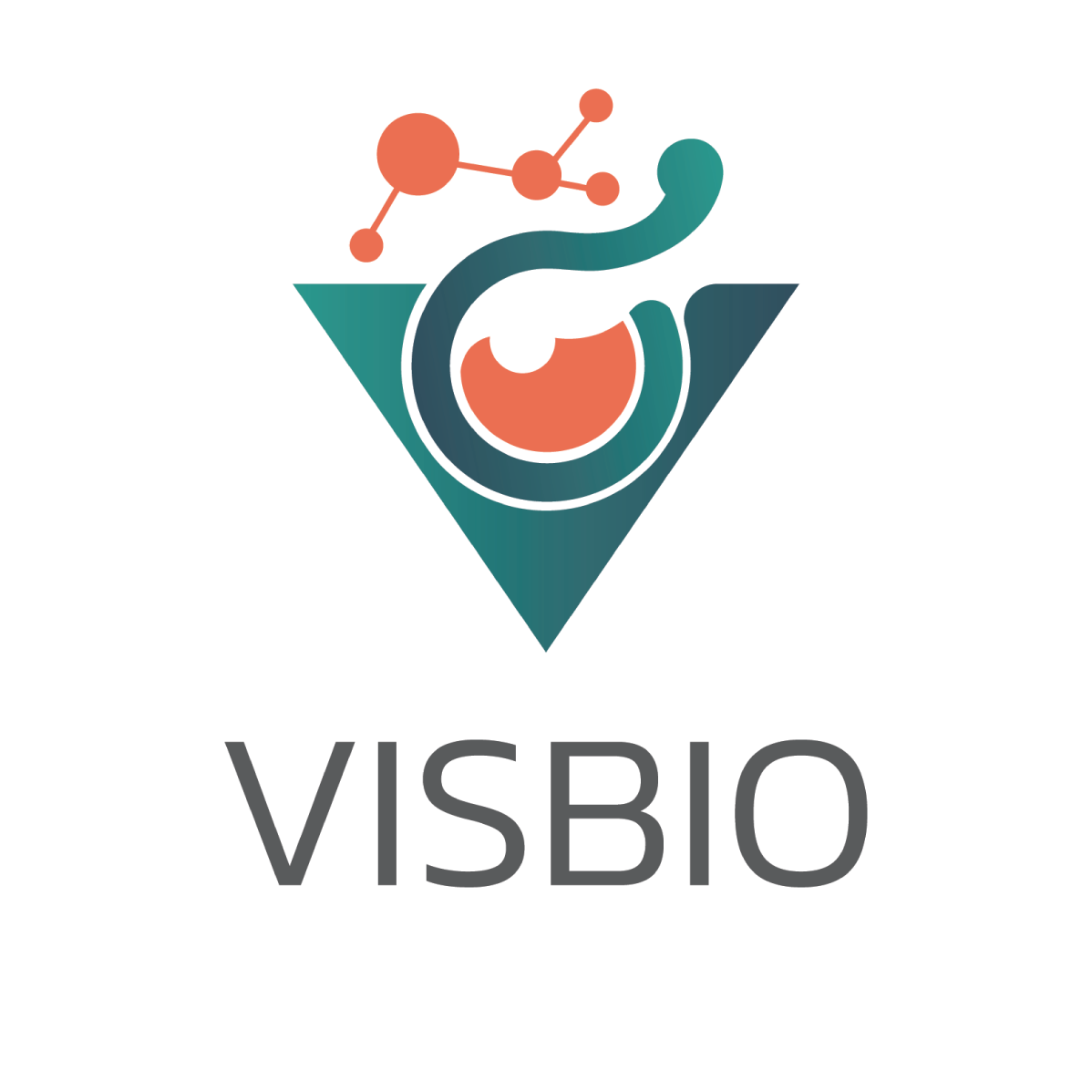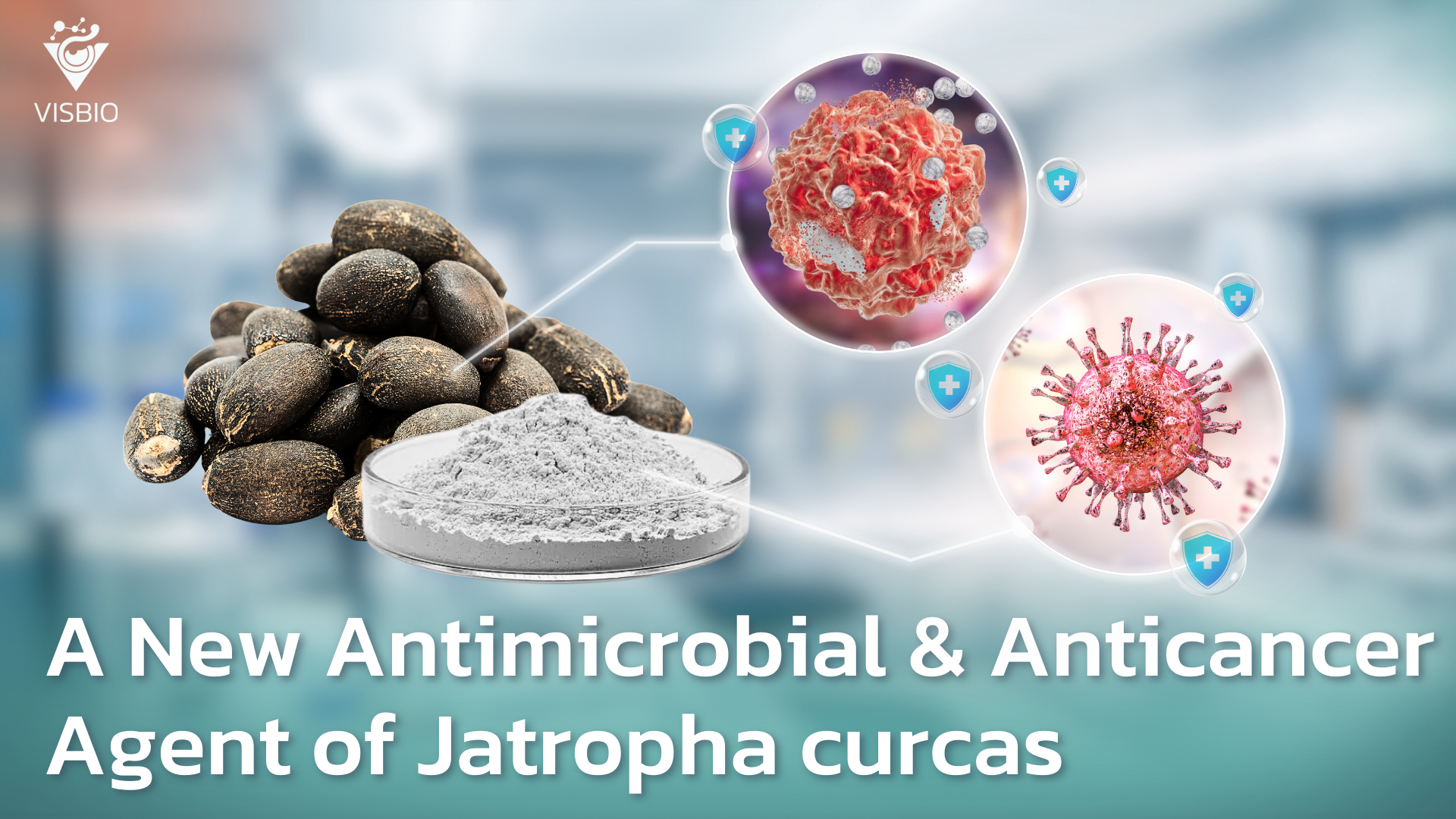Exploring New Frontiers in Natural Medicine
As modern medicine evolves, the need for effective, natural alternatives to synthetic drugs has become increasingly urgent. Antibiotic resistance is a global concern, and cancer remains a leading cause of mortality worldwide. Pharmaceutical industries are under pressure to discover and develop innovative treatments that not only offer therapeutic benefits but also reduce side effects. In this context, Jatropha curcas, a plant primarily used for biofuel production, has recently revealed another important role: a source of bioactive compounds with significant medical potential.
The research by Associate Professor Dr. Kiattawee Choowongkomon and his team has unveiled a powerful ribosome-inactivating protein (RIP), Jc-SCRIP, extracted from the seed coat of Jatropha curcas. This protein has demonstrated remarkable antimicrobial and anticancer activities, positioning it as a promising candidate for new, natural therapeutic developments. Could this humble plant be the key to revolutionizing drug discovery?
Understanding Ribosome-Inactivating Proteins (RIPs)
Ribosome-inactivating proteins, or RIPs, are enzymes found in various plants that disrupt protein synthesis by specifically targeting ribosomes in cells. Ribosomes play a crucial role in translating genetic information into proteins, which are essential for all cellular functions. By damaging the ribosome, RIPs effectively stop protein production, leading to cell death. This mechanism is why many RIPs exhibit strong antibacterial, antiviral, and anticancer properties.
There are three types of RIPs:
- Type 1 RIPs are single-chain proteins with RNA N-glycosidase activity, capable of depurinating ribosomal RNA.
- Type 2 RIPs, like the infamous ricin, consist of two chains and are far more toxic.
- Type 3 RIPs are inactive precursors that only become active during specific biological processes like seed germination.
The study led by Dr. Kiattawee identified Jc-SCRIP as a Type 1 RIP with distinct biological activities. Unlike ricin or other toxic RIPs, Jc-SCRIP has shown a more targeted action, making it a safer candidate for therapeutic use. Additionally, its structure—revealed through advanced mass spectrometry techniques—shows a highly glycosylated protein, which contributes to its stability and effectiveness in different biological environments.
Jc-SCRIP: A Bioactive Treasure Hidden in Jatropha curcas
The discovery of Jc-SCRIP adds significant value to the Jatropha curcas plant. Typically, the seed coats are discarded as waste during biofuel production, but this research highlights the medicinal potential of these byproducts. Using ammonium sulfate precipitation and chromatography techniques, Jc-SCRIP was purified to homogeneity. The purified protein demonstrated hemagglutination activity, meaning it can cause red blood cells to clump together—an indicator of its bioactivity.
More importantly, Jc-SCRIP displayed strong N-glycosidase activity. This is the enzyme function responsible for cleaving specific adenine residues in ribosomal RNA, effectively halting protein synthesis. This mechanism is how Jc-SCRIP exerts its cytotoxic effects on both microbial cells and cancer cells, making it a versatile weapon in the fight against infectious diseases and cancer.
Antimicrobial Activity: A Natural Defender Against Pathogens
One of the greatest challenges facing modern medicine is the rise of antibiotic-resistant bacteria. Common infections are becoming harder to treat, and there is an urgent need for new antimicrobial agents that can combat these superbugs. In this context, Jc-SCRIP offers a promising natural alternative.
In laboratory tests, Jc-SCRIP was found to be effective against a range of Gram-positive and Gram-negative bacteria, including Staphylococcus epidermidis, a bacterium known for causing skin infections and complications in medical devices. With a minimum inhibitory concentration (MIC) of just 0.20 µM against S. epidermidis, Jc-SCRIP has shown that even small doses can prevent bacterial growth.
Its antimicrobial activity also extends to yeast species, such as Candida albicans, a common cause of infections in immunocompromised patients. These findings suggest that Jc-SCRIP could be developed into new, plant-based antibiotics, which could have applications in both human and veterinary medicine, filling a critical gap in the market for natural antimicrobial agents.
Anticancer Activity: Targeting Cancer Cells with Precision
In addition to its antimicrobial power, Jc-SCRIP holds great promise in the fight against cancer. Its ability to selectively target and destroy cancer cells, while leaving healthy cells intact, positions it as a valuable tool in developing natural, plant-based cancer therapies.
The research team tested Jc-SCRIP against three major human cancer cell lines:
- Breast adenocarcinoma (MCF-7)

- Colon adenocarcinoma (SW620)

- Liver carcinoma (HepG2)

The results were remarkable. Jc-SCRIP demonstrated a dose-dependent cytotoxic effect on cancer cells, with the highest efficacy observed in breast cancer cells, where it achieved an IC50 value (the concentration needed to inhibit 50% of cell viability) of just 0.15 mM. Colon and liver cancer cells also showed significant sensitivity to Jc-SCRIP, with IC50 values of 0.25 mM and 0.40 mM, respectively.
These findings highlight the protein’s potential to be developed into a targeted cancer treatment, offering hope for patients, particularly those with resistant or aggressive cancers. Unlike traditional chemotherapy, which can damage healthy cells and cause serious side effects, Jc-SCRIP offers a natural, less toxic alternative that could lead to more effective and safer cancer therapies.
What Does This Mean for Your Business?
For companies in the pharmaceutical, biotechnology, and healthcare sectors, the discovery of Jc-SCRIP presents a unique opportunity to develop innovative, plant-based therapies that are both effective and safe. As consumers become more health-conscious and demand natural solutions, there has never been a better time to invest in plant-derived therapeutics.
 Developing Natural Antibiotics: With antibiotic resistance becoming a global crisis, there is a pressing need for new antibiotics that are safe, effective, and natural. Jc-SCRIP’s broad-spectrum antimicrobial activity makes it an ideal candidate for new antimicrobial agents. From human healthcare to veterinary applications, the market potential for natural antibiotics is vast.
Developing Natural Antibiotics: With antibiotic resistance becoming a global crisis, there is a pressing need for new antibiotics that are safe, effective, and natural. Jc-SCRIP’s broad-spectrum antimicrobial activity makes it an ideal candidate for new antimicrobial agents. From human healthcare to veterinary applications, the market potential for natural antibiotics is vast.- Targeted Cancer Treatments: Jc-SCRIP’s selective action against cancer cells, paricularly in breast, colon, and liver cancers, opens the door to new oncology treatments. With rising consumer demand for safer, more targeted cancer therapies, businesses that invest in developing plant-based cancer treatments will be well-positioned to meet this growing need.
The Growing Market for Natural Therapies
The global market for natural and plant-based products is expanding rapidly, particularly in the areas of oncology and antimicrobial treatments. By incorporating Jc-SCRIP into your product development pipeline, your business can cater to the increasing consumer demand for natural, effective, and less toxic solutions. This positions your brand as an innovator in a competitive industry.
Seizing the Moment: Early-Stage Collaboration
Investing in the development of Jc-SCRIP offers an exciting opportunity to stay ahead of the curve. Collaborating with research institutions to further explore the commercial potential of Jc-SCRIP can lead to the development of proprietary products, ensuring your brand becomes a leader in the natural therapeutics market. The possibilities for Jc-SCRIP are vast—from antimicrobial coatings for medical devices to new cancer therapies. Now is the perfect time to seize this opportunity and drive innovation in healthcare.
Partner with Us for a Natural Breakthrough
Are you ready to bring cutting-edge natural solutions to the healthcare market? By partnering with us, you can leverage the full potential of Jc-SCRIP. We offer free consultations to explore how your business can benefit from this breakthrough research. Together, we can transform the future of healthcare with innovative, natural therapies that improve lives and promote sustainability.
About the Author
 Associate Professor Dr. Kiattawee Choowongkomon is a leading researcher in the field of biochemistry, with expertise in natural extracts, proteins, and biosensors. Through research collaborations with leading institutions both in Thailand and internationally, His work focuses on the development of innovative solutions for healthcare and biotechnology.
Associate Professor Dr. Kiattawee Choowongkomon is a leading researcher in the field of biochemistry, with expertise in natural extracts, proteins, and biosensors. Through research collaborations with leading institutions both in Thailand and internationally, His work focuses on the development of innovative solutions for healthcare and biotechnology.
About the Research
The original paper has the title of “Bioactivities of Jc-SCRIP, a Type 1 Ribosome-Inactivating Protein from Jatropha curcas Seed Coat”. This study focuses on the purification and characterization of Jc-SCRIP, a type 1 ribosome-inactivating protein (RIP) isolated from the seed coat of Jatropha curcas. The research highlights Jc-SCRIP’s strong antimicrobial and anticancer activities, making it a promising candidate for natural therapeutics. This research was published in Chemical Biology & Drug Design with DOI: 10.1111/cbdd.12175.


